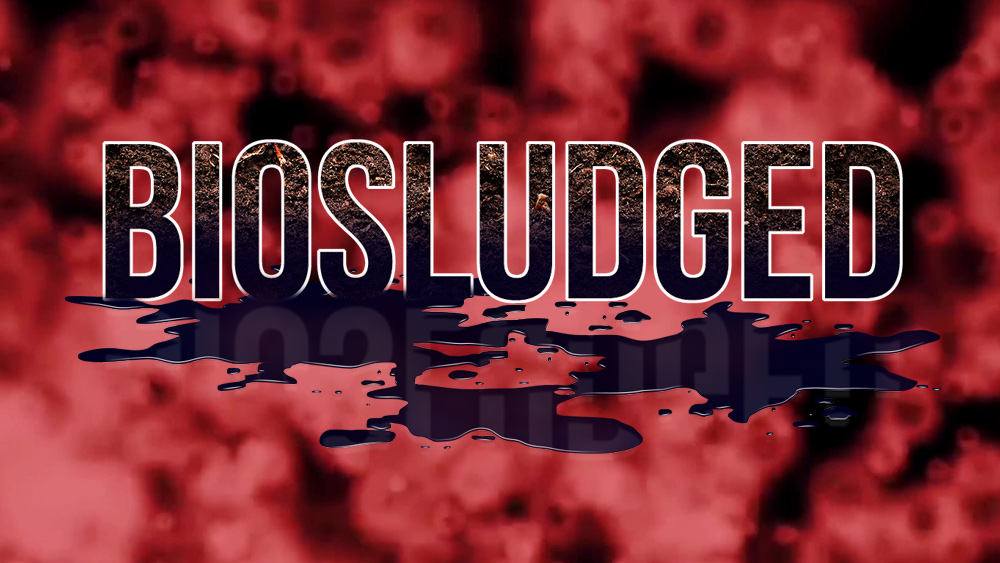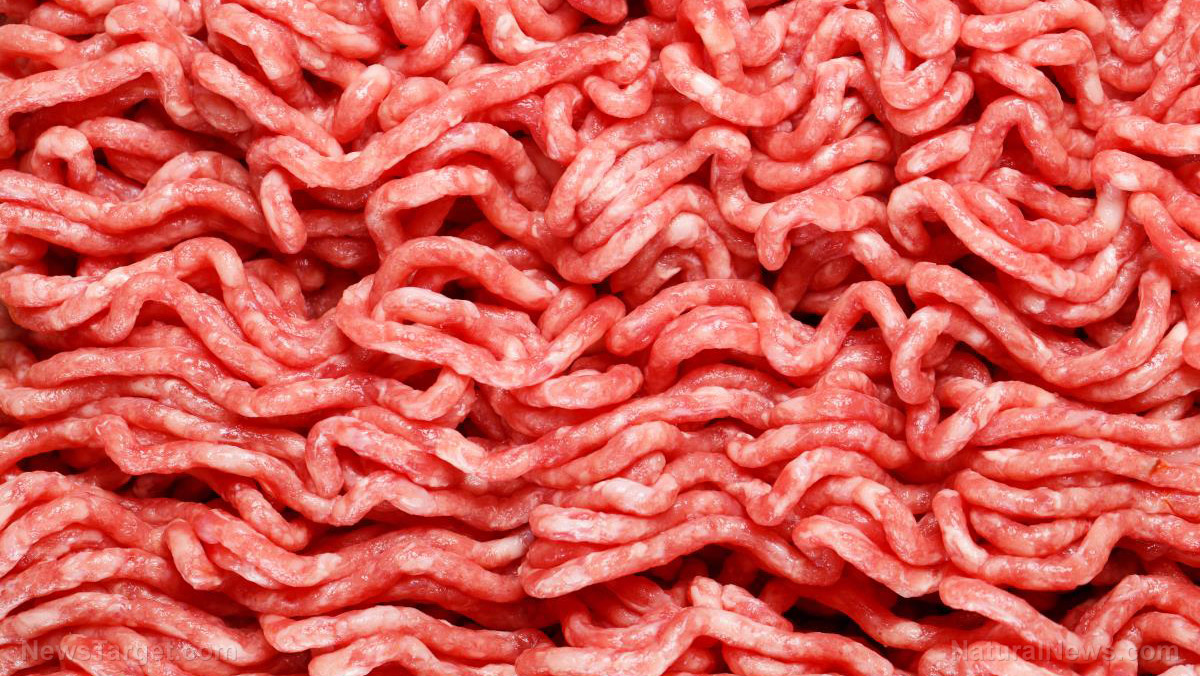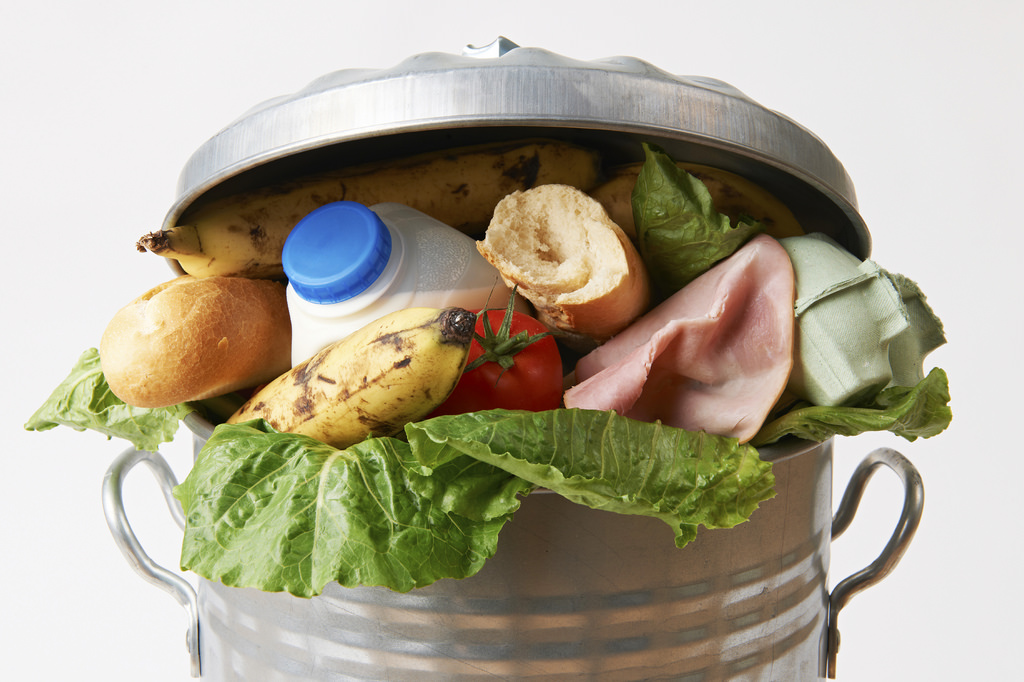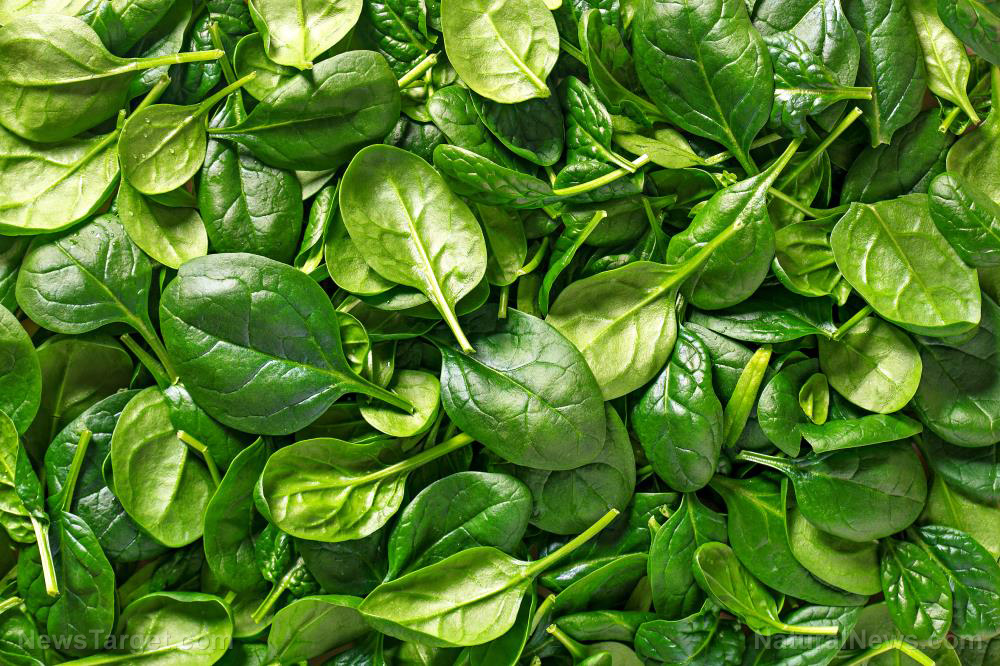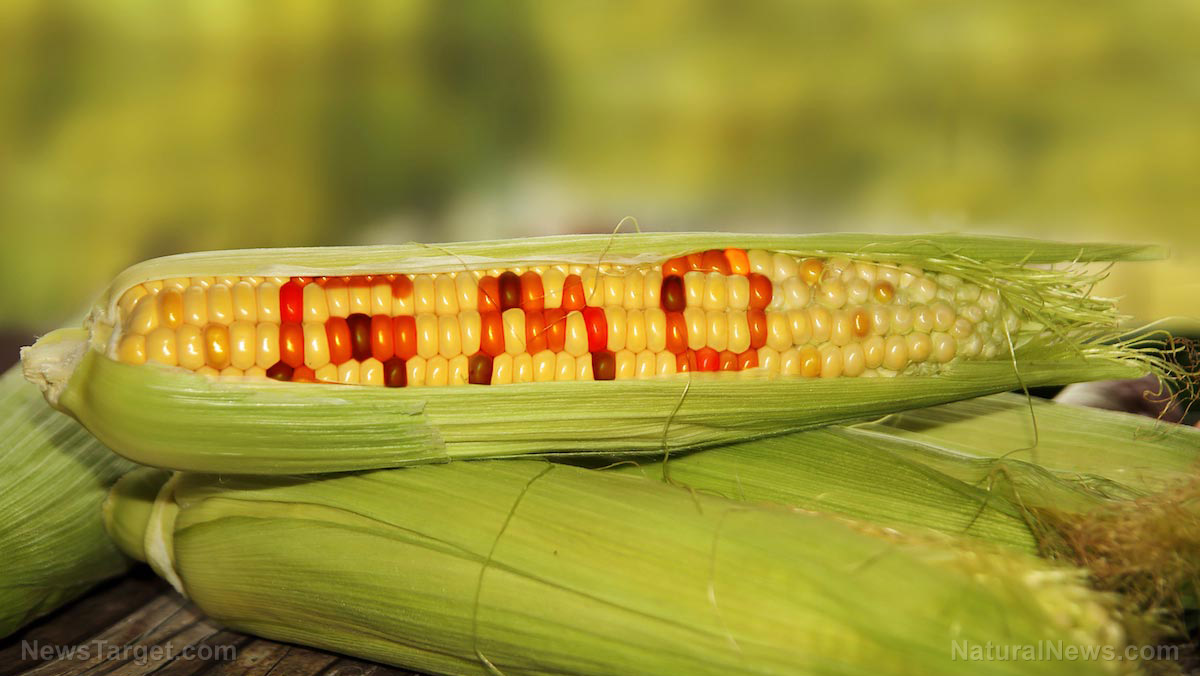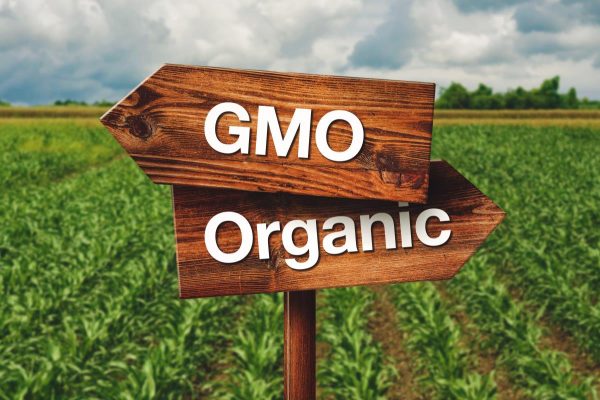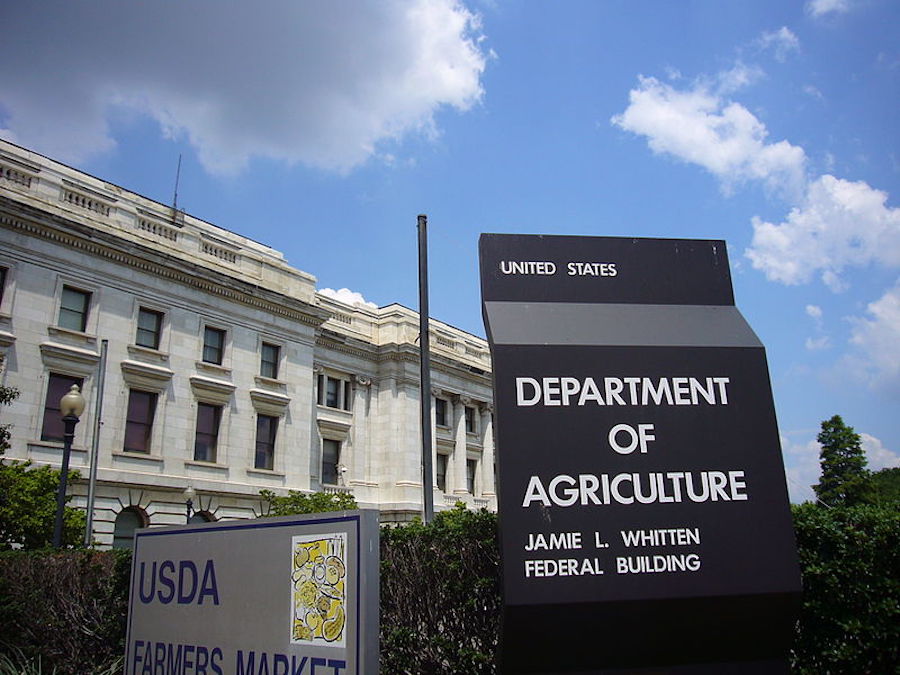The USDA FAILS to enforce a key farm bill provision, much to the detriment of the residents of the Midwest who are now drinking contaminated water
05/30/2018 / By Lance D Johnson
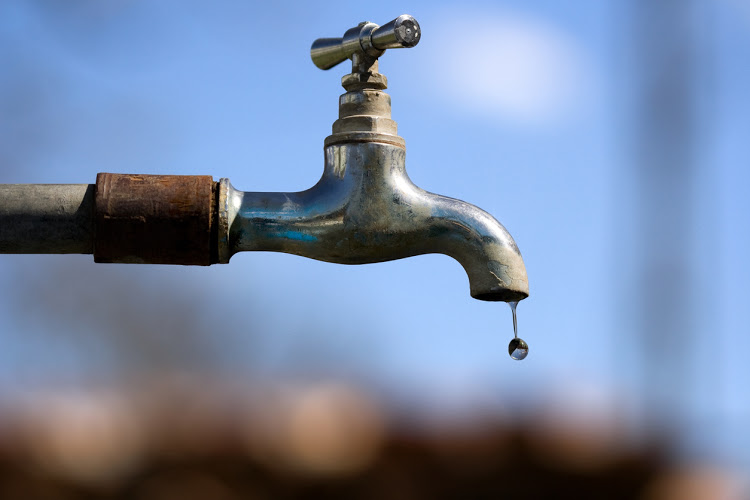
For thirty-three years, corn and soybean growers in the Midwest have received billions of dollars in taxpayer funds in the form of farm subsidies. These farm deals, made with the U.S. Department of Agriculture, include a very important “conservation compact” which requires farmers to prevent soil erosion and polluted runoff from entering nearby water sources.
At first, the deal was successful, reducing toxic runoff and soil erosion by 40 percent across 100 million acres of highly erodible farm land. However, in recent years, farmers haven’t been holding up their end of the deal and the USDA has repeatedly failed to enforce the most important provision of the farm bill. Consequentially, contaminated runoff from farm fields is flowing into nearby streams and rivers, contaminating wells, and posing a health detriment to millions of people living in the Midwest.
Erosion and pollution becoming serious problems
New evidence presented by the Environmental Working Group shows that there is now excessive erosion and runoff on highly erodible land on over half of farms spanning four Midwestern states. The soil erosion is even worse in areas not covered by the compact. The states that include the most negligent farming practices include Illinois, Iowa, Indiana, and Minnesota. The EWG’s satellite investigation concluded that upwards of 60 percent of land covered by the compact lacks any sort of protection. Nearly half of the farms were eroded by gullies. In land not covered by the compact, up to 80 percent of the pathways were eroded by washed out gullies.
“Farmers made a deal with taxpayers in 1985 to prevent soil erosion and polluted runoff in return for billions of dollars in farm subsidies,” said Craig Cox, EWG’s Vice President of Agriculture and Natural Resources. “But this ‘conservation compact’ has languished, and as a result, the water and health of millions of Americans are at risk.” According to EWG water safety tests conducted in 2017, TTHM levels were high in 1,647 rural Midwestern communities and nitrate levels were through the roof in drinking water that serviced 1,683 different communities.
Time to revise the deal
A new farm deal should be made with Midwestern farmers, one that takes away taxpayer funds if farmers allow agrochemicals, nitrates, manure, and phosphate runoff to contaminate streams and nearby bodies of water. Farmers have grown lax in this very important area of land stewardship. When it rains, small channels form in the fields. These ephemeral gullies carry rainwater, agrochemicals, manure sediments, biosludge contaminants, phosphates, and nitrates out of the fields and into nearby streams and bodies of water. Americans are at risk because phosphate fertilizers cause algae blooms that interact with disinfectant chemicals to form carcinogenic trihalomethanes, or TTHMs. This chemical byproduct causes birth defects, miscarriage, and other problems during pregnancy.
Furthermore, the nitrate runoff can increase the risk of colon, kidney, ovarian and bladder cancers. Pesticides and herbicides do not readily break down and can poison an area’s rivers and drinking water, too. The best way to prevent these gullies from forming is to fill them with grass strips, but over half of all farms imaged by the USDA had not employed this simple preventative measure. The USDA, lax in enforcing conservation practices, should also ensure that cropland stops at least 50 feet from nearby sources of water.
“Enacting a stronger, more rigorously implemented conservation compact is an important step toward clean, safe drinking water, and would protect the health of millions of Americans,” said EWG’s Craig Cox, who has proposed a new compact for the 2018 farm bill. The much stronger provision would require taxpayer funded farmers to implement conservation practices that protect drinking water, including the restoration of soils impacted by these free flowing gullies. “After 30 years, it’s more than fair to ask farmers to do more to prevent pollution in return for the generous support they get from taxpayers,” iterated Cox.
For more on the chemicals polluting drinking water, visit Toxins.News.
Sources include:
Tagged Under: Big AG, clean water, conservation, dangerous chemicals, disease causes, drinking water, Ecology, environment, erosion, EWG, Farm Bill, gulley, herbicides, land stewardship, Nitrates, phosphates, regulation enforcement, rural water supply, soil erosion, toxic water, Trihalomethanes, USDA

